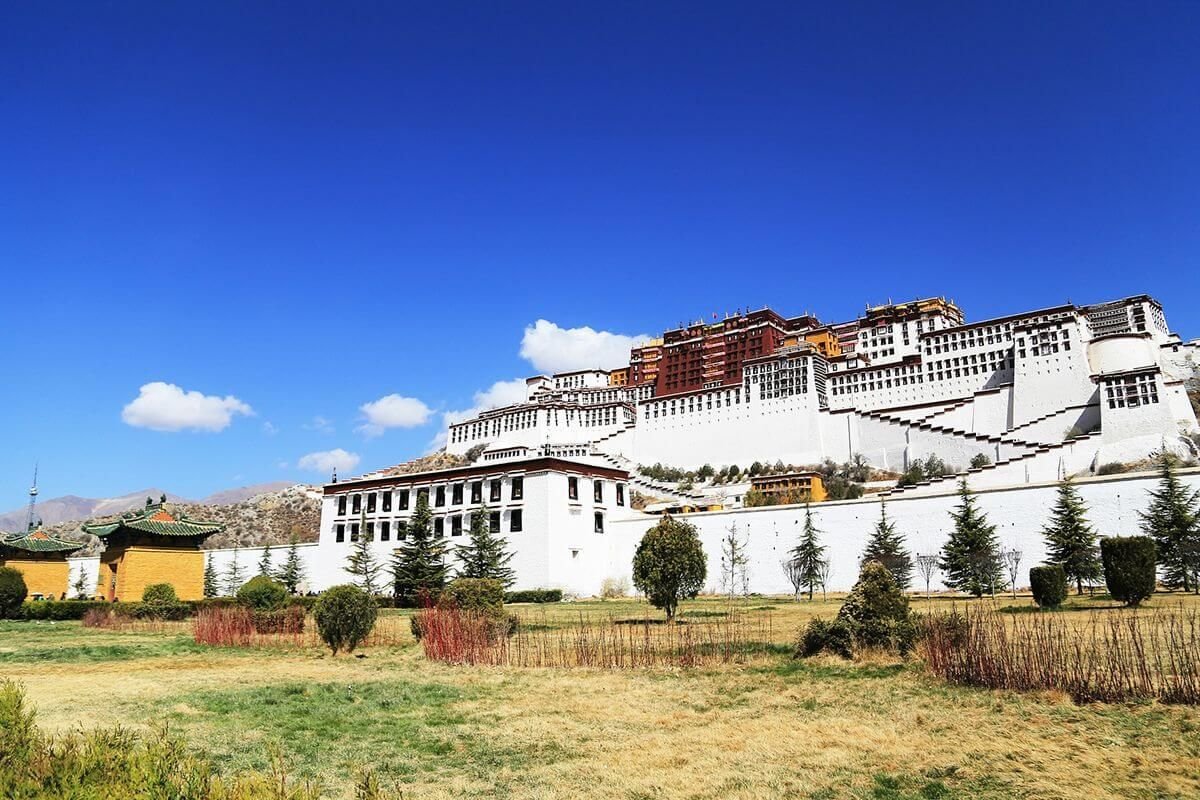Understanding Altitude In Lhasa: A Traveler’s Guide

Executive Summary

Lhasa, the capital of Tibet, is situated at an altitude of over 3,400 meters, making it one of the highest cities in the world. Being at such a high altitude can have significant effects on travelers, particularly those not accustomed to high altitudes. This comprehensive guide aims to inform travelers about the challenges and precautions necessary to ensure a safe and enjoyable visit to Lhasa.

Introduction
Lhasa, a city of profound cultural and spiritual significance, attracts travelers from around the globe. However, its high altitude can pose challenges to visitors unaccustomed to such conditions. Understanding the effects of altitude and taking appropriate measures can greatly enhance one’s experience in Lhasa.
Altitude Sickness
Altitude sickness, also known as acute mountain sickness (AMS), is a common condition experienced by travelers ascending rapidly to high altitudes. Symptoms can range from mild discomfort to life-threatening conditions.
Symptoms of Altitude Sickness
- Headache
- Fatigue
- Nausea
- Vomiting
- Shortness of breath
- Difficulty sleeping
Prevention of Altitude Sickness
- Gradual ascent: Allow your body to acclimatize to the altitude by ascending gradually.
- Stay hydrated: Drink plenty of water to prevent dehydration.
- Avoid alcohol and caffeine: These substances can worsen symptoms of altitude sickness.
- Eat a balanced diet: Maintain a healthy diet to support your body’s adjustment to the altitude.
Oxygen Levels
The atmosphere at high altitudes contains less oxygen than at sea level, which can lead to reduced oxygen levels in the blood.
Effects of Reduced Oxygen Levels
- Increased heart rate: The body compensates for reduced oxygen by increasing the heart rate to deliver more oxygen to the tissues.
- Decreased exercise capacity: Reduced oxygen levels can limit physical exertion, leading to shortness of breath and fatigue.
- Impaired cognitive function: Low oxygen levels can affect cognitive abilities, such as memory and decision-making.
Precautions for Reduced Oxygen Levels
- Use supplemental oxygen: Travelers with pre-existing respiratory conditions may benefit from supplemental oxygen.
- Avoid strenuous activities: Engage in light activities to minimize strain on the body.
- Take breaks: Rest frequently to allow your body to recover and replenish oxygen levels.
Acclimatization
Acclimatization is the process by which the body adjusts to high altitude. It typically takes several days or weeks for the body to fully acclimatize.
Signs of Acclimatization
- Reduced severity of altitude sickness symptoms
- Improved sleep quality
- Increased energy levels
- Enhanced exercise capacity
Tips for Acclimatization
- Rest adequately: Allow your body to rest and recover during the acclimatization process.
- Avoid strenuous activities: Engage in light activities to minimize strain on the body.
- Drink plenty of fluids: Stay hydrated to support the body’s natural acclimatization processes.
Health Considerations
Travelers with pre-existing health conditions should be aware of the potential risks associated with high altitude travel.
Conditions of Concern
- Heart conditions: High altitude can put additional strain on the heart.
- Lung conditions: Reduced oxygen levels can exacerbate respiratory issues.
- Anemia: Low red blood cell count can hinder oxygen delivery.
- Pregnancy: High altitude can pose risks to pregnant women and their unborn child.
Precautions for Travelers with Health Conditions
- Consult a healthcare professional: Before traveling to Lhasa, discuss your health condition with a healthcare provider.
- Carry necessary medications: Bring an adequate supply of medications and any necessary medical equipment.
- Monitor your health: Be attentive to your body’s response to the altitude and seek medical attention if symptoms persist or worsen.
Conclusion
Understanding the challenges of altitude in Lhasa is crucial for travelers planning a visit to this extraordinary city. By taking appropriate precautions, such as gradual ascent, staying hydrated, and allowing for acclimatization, travelers can minimize the risks of altitude sickness and ensure a safe and enjoyable journey.
Keyword Phrase Tags
- Lhasa altitude
- Altitude sickness prevention
- Acclimatization to high altitude
- Health considerations for high altitude travel
- Safe travel to Lhasa
